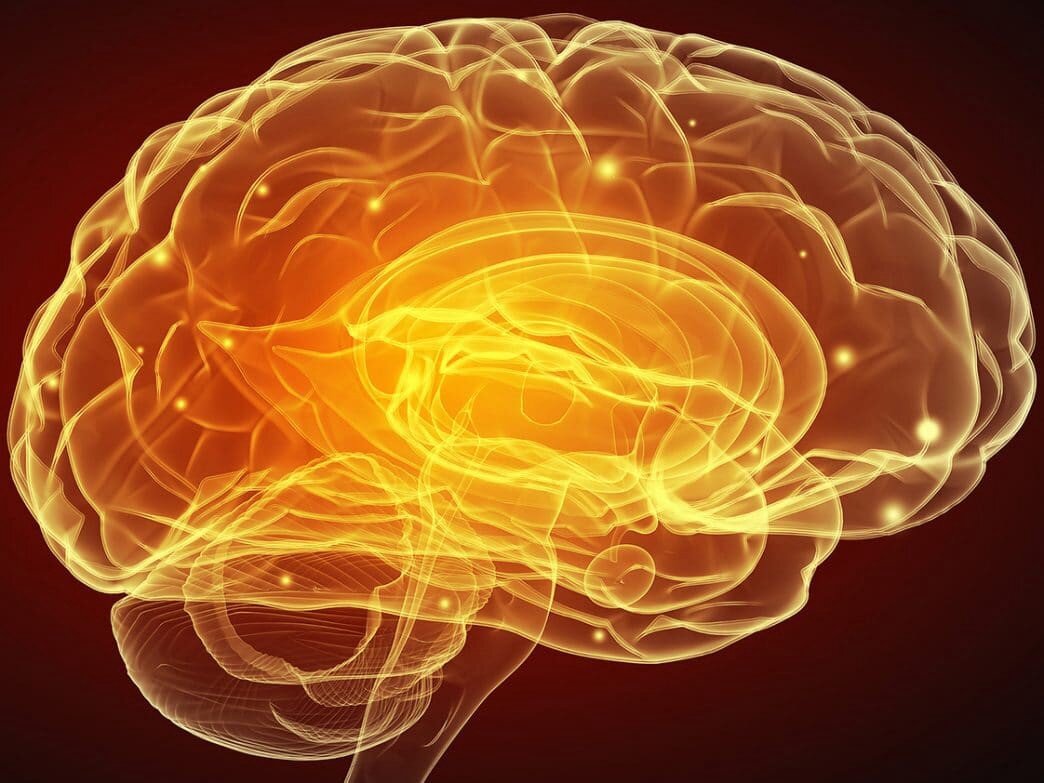A study released in eLife found that early experiences could have much more drastic effects on mood than recent experiences.
“We use a computational approach to quantitatively answer this question and show that early events exert a stronger influence on reported mood (a primacy weighting) compared to recent events,” according to the eLife journal report.
“We show that a Primacy model accounts better for mood reports compared to a range of alternative temporal representations across random, consistent, or dynamic reward environments, different age groups, and in both healthy and depressed participants.”
The study began with the implementation of a computational modeling approach, with researchers having developed a Primacy model to put against a Recency model.
From the findings: “We find evidence for neural encoding of the Primacy, but not the Recency, model in frontal brain regions related to mood regulation. These findings hold implications for the timing of events in experimental or clinical settings and suggest new directions for individualized mood interventions.”
The study was funded by the National Institutes of Health.


